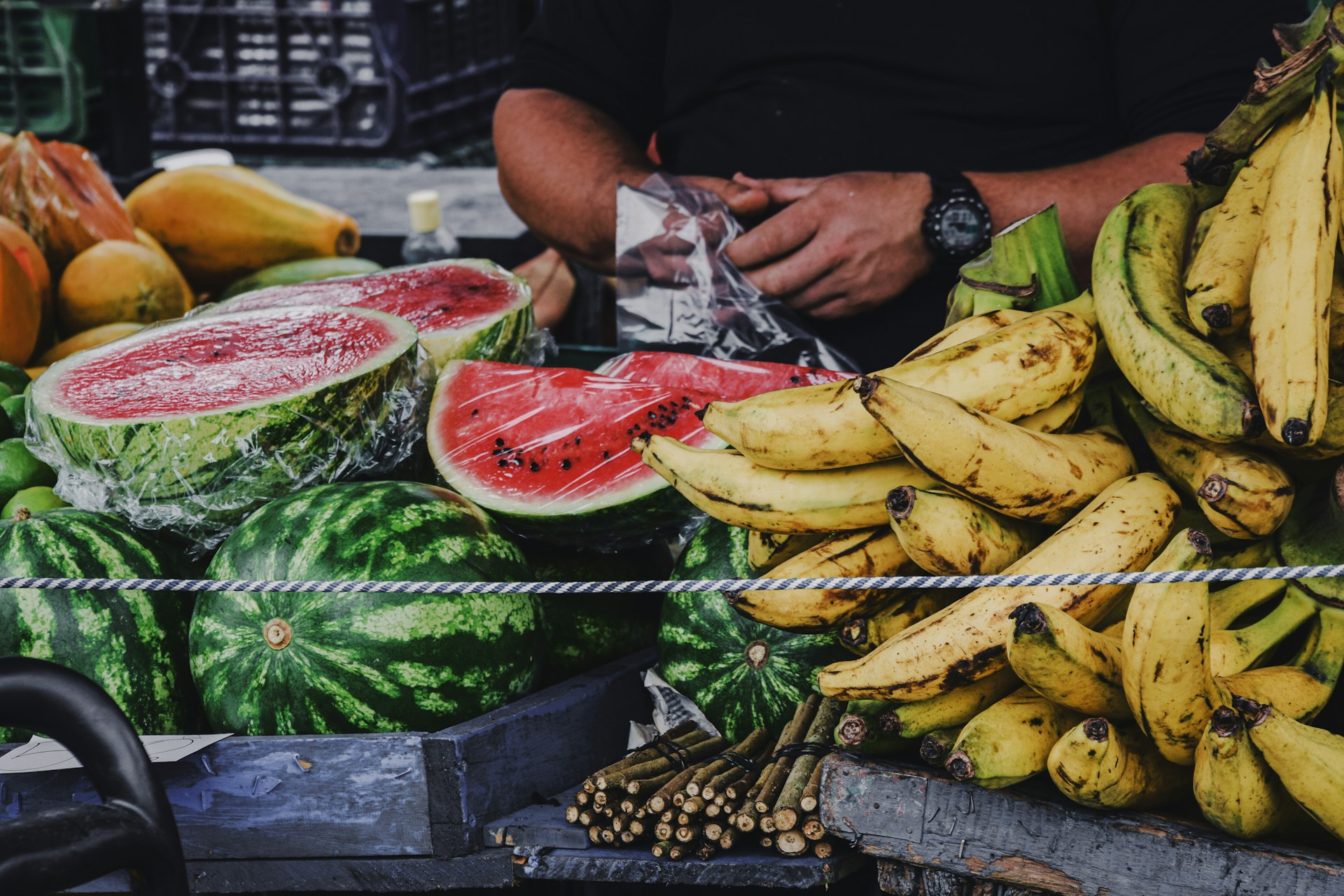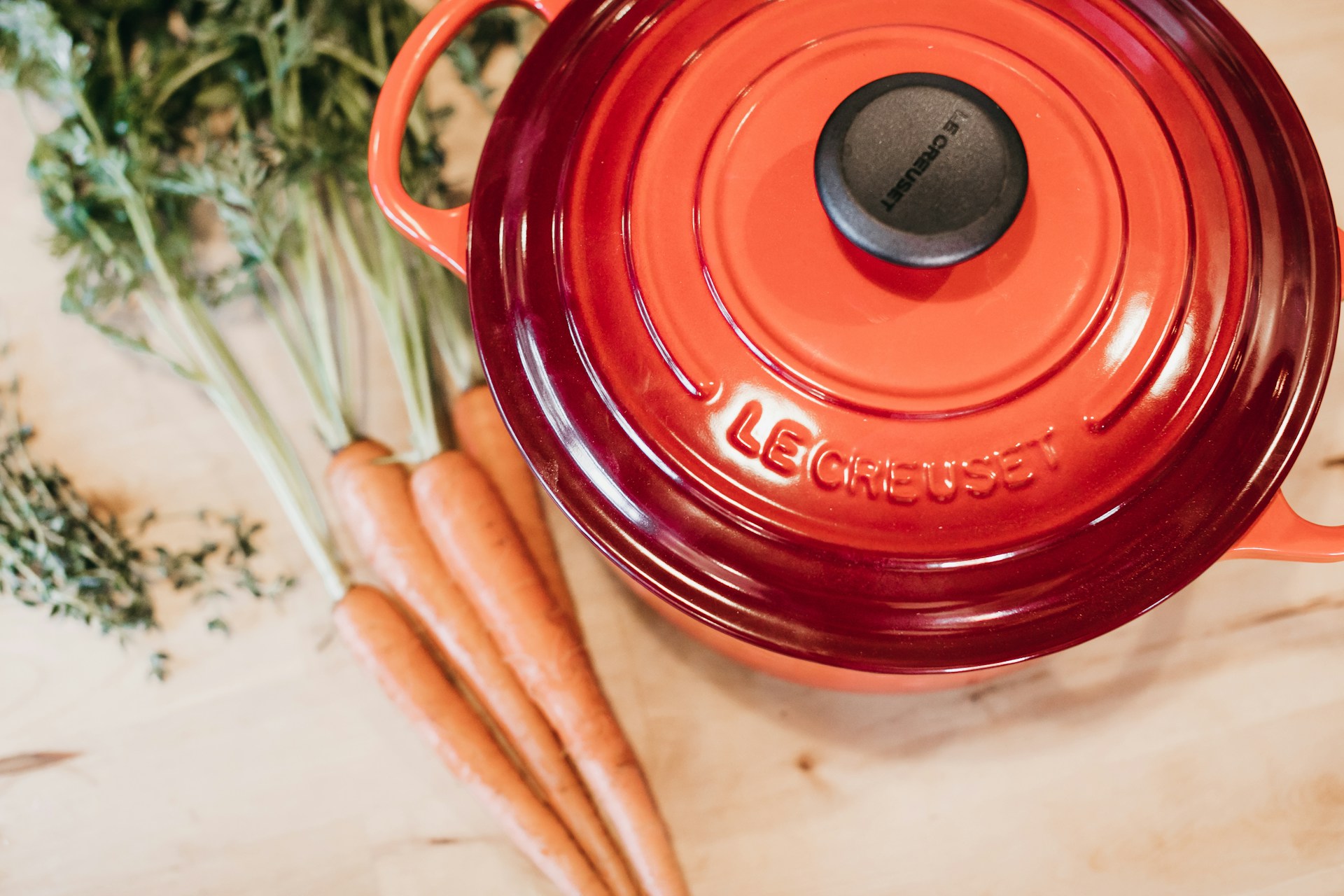10 Foods That Significantly Reduce Bloating
Abdominal bloating usually does not indicate a serious health condition, but it can certainly make you feel uncomfortable and prevent you from performing daily activities.
You must have been in a situation where you have an important event waiting for you where you have already planned to appear in your favorite dress or your favorite skinny jeans, which perfectly highlight your figure, but because of a bloated stomach, you don’t have enough confidence to wear them.
Find out which foods can help you naturally get rid of this unpleasant gastrointestinal problem.
-
Yogurt
Yogurt is included in the foods that help with abdominal bloating. This delicious dairy product contains a certain amount of probiotics, i.e. “good” bacteria, which help in the digestion of food and thus reduce the feeling of bloating.
You can consume it without supplements or combine it with blueberries, strawberries, bananas, figs, grapes, watermelon, nuts, chia, flax seeds…
Note: If you are lactose intolerant, avoid consuming dairy products, including yogurt.
-
Ginger
Ginger is a root plant known more than 3,000 years ago for its stimulating effect on the gastrointestinal system. The secret is in the functional ingredients such as shogaol, gingerol, and paradol, which have been shown by a series of medical studies to reduce the feeling of bloating in the stomach.
Also, ginger has an anti-inflammatory and antioxidant effect, it helps in reducing headaches, alleviating the symptoms of flu and cold, as well as in the fight against malignant diseases.
Ginger can be consumed as a fresh root, in powder form, or as a liquid extract. The recommended daily dose of fresh ginger root for adults is 2 to 4 grams (0.25 to 1 gram of ginger powder and 1.5 to 3 ml of ginger extract).
Freshly brewed ginger tea is a quick and delicious way to consume this food.

-
Kiwi
Research shows that this delicious fruit reduces constipation, accelerates intestinal motility, and helps relieve the tense feeling of bloating in the stomach.
The positive effect of this exotic fruit on the digestion process is due to the proteolytic enzyme known as actinidin, which helps break down complex proteins.
In addition, kiwis are rich in numerous nutritional ingredients such as vitamins C, A, E, and B6, potassium, and iron. It is believed that, apart from the influence on the gastrointestinal system, they play a significant role in blood pressure regulation, improve the immune system, and help maintain a healthy body weight.
-
Caraway (also known as cumin)
Caraway is one of the oldest natural remedies for eliminating gas from the gastrointestinal tract. to use it in combination with different salads and snacks, as an addition to food dishes, or to prepare delicious cumin tea.
If you do not have the opportunity to include this spice during the preparation of your meal, and you want to prevent stomach bloating, it is enough to nibble a few cumin seeds after eating.
A series of studies show that cumin, in addition to improving digestion, has antioxidant and antibacterial effects, protects the liver, regulates blood sugar levels, reduces stress, and helps fight malignant diseases. Therefore, as soon as possible, let this spice become a mandatory food in the preparation of your daily meals.
-
Sauerkraut
Sour fermented cabbage contains probiotics that improve food digestion and prevent gas and bloating. It is recommended to consume it fresh, because with each heat treatment process, the “good bacteria” are destroyed, thereby reducing the positive effect on the gastrointestinal system.
In addition to being rich in vitamins and minerals, like most vegetables, sauerkraut is low in calories and rich in fiber, so it can contribute to weight loss.
-
Kefir
This fermented milk originating from the Caucasus is an excellent remedy for improving gastrointestinal symptoms such as bloating and abdominal cramps, so do not hesitate to include it in your daily menu. Kefir, similarly to yogurt, is rich in probiotics, which enable the regulation of the work of the digestive system and prevent the occurrence of bloating and gas accumulation in the stomach.
Note: If you are lactose intolerant, avoid consuming dairy products, including kefir.
-
Mint
Mint is a herbal medicine that has been used for thousands of years to ease digestive problems. Research shows that peppermint relieves the symptoms of irritable bowel syndrome, that is, it helps to calm bloating, gas in the stomach, and abdominal cramps.
The secret is in several ingredients called “spasmolytics”, which have a relaxing effect on the musculature of the gastrointestinal tract and thus help to calm gastrointestinal symptoms.
You can use it as a dietary supplement, prepare delicious fresh mint tea, and if you want to achieve a greater and faster effect, then use mint essential oil.
-
Asparagus
This super vegetable is excellent when it comes to the prevention of flatulence, because on the one hand, it reduces the accumulation of gases, but it also acts as a diuretic and stimulates the elimination of excess fluids in the body.
The secret is in probiotics that improve food digestion and in the amino acid asparagine that has a diuretic effect. In addition, asparagus is known for its anti-inflammatory, antioxidant, immunostimulating, and antihepatotoxic effects.
To make the most of the positive effects of asparagus, consume it steamed or grilled.
-
Banana
Bananas are useful for reducing abdominal bloating, which is caused by fluid retention in the body. Excessive salt consumption through processed and fast food leads to water retention, which can be manifested by abdominal bloating.
Potassium, which is abundant in bananas, participates in the regulation of fluids in the body and reduces the tense feeling of bloating.
Therefore, if you have a rich salty dinner and wake up in the morning with a bloated stomach, include a banana in your breakfast and get rid of unpleasant stomach problems.

-
Watermelon
This delicious summer fruit, which dates back to the time of Ancient Egypt, contains more than 90% water and is an excellent diuretic, which allows excess fluids to be removed from the body and thereby reduces abdominal bloating.
However, avoid watermelon if you have confirmed fructose intolerance, as this type of sugar, which is abundant in watermelon, can worsen symptoms and further cause gas and a tense feeling in the stomach.














Post Comment